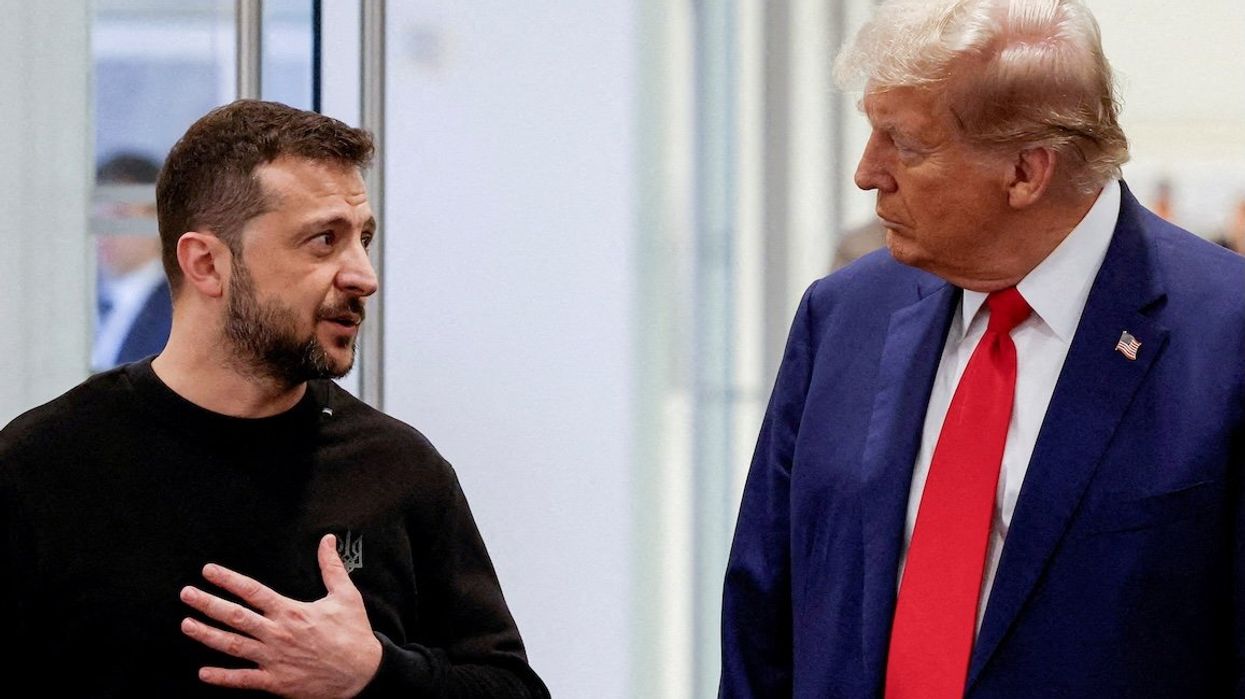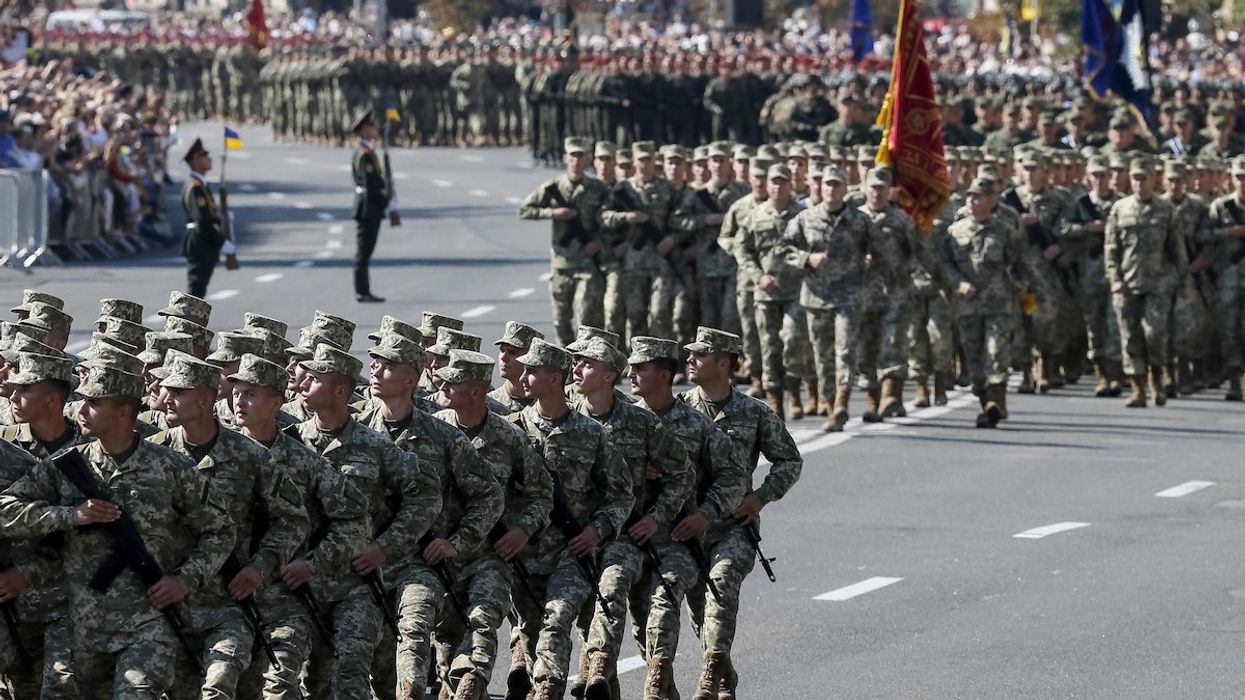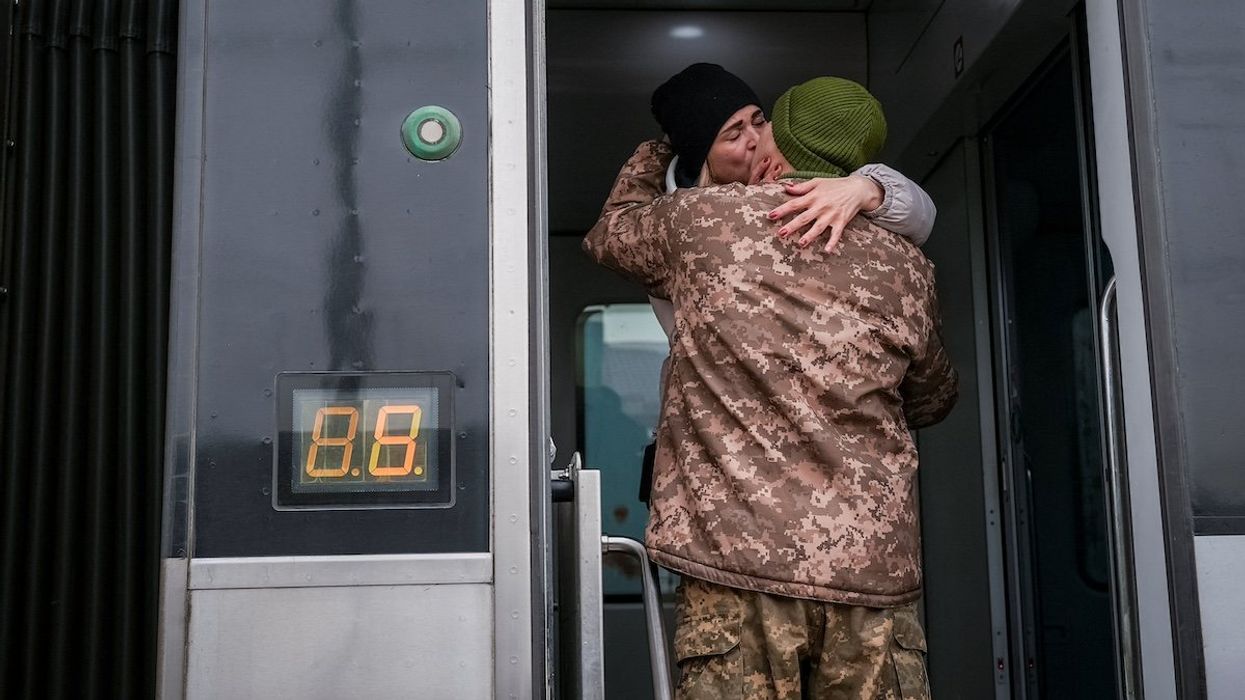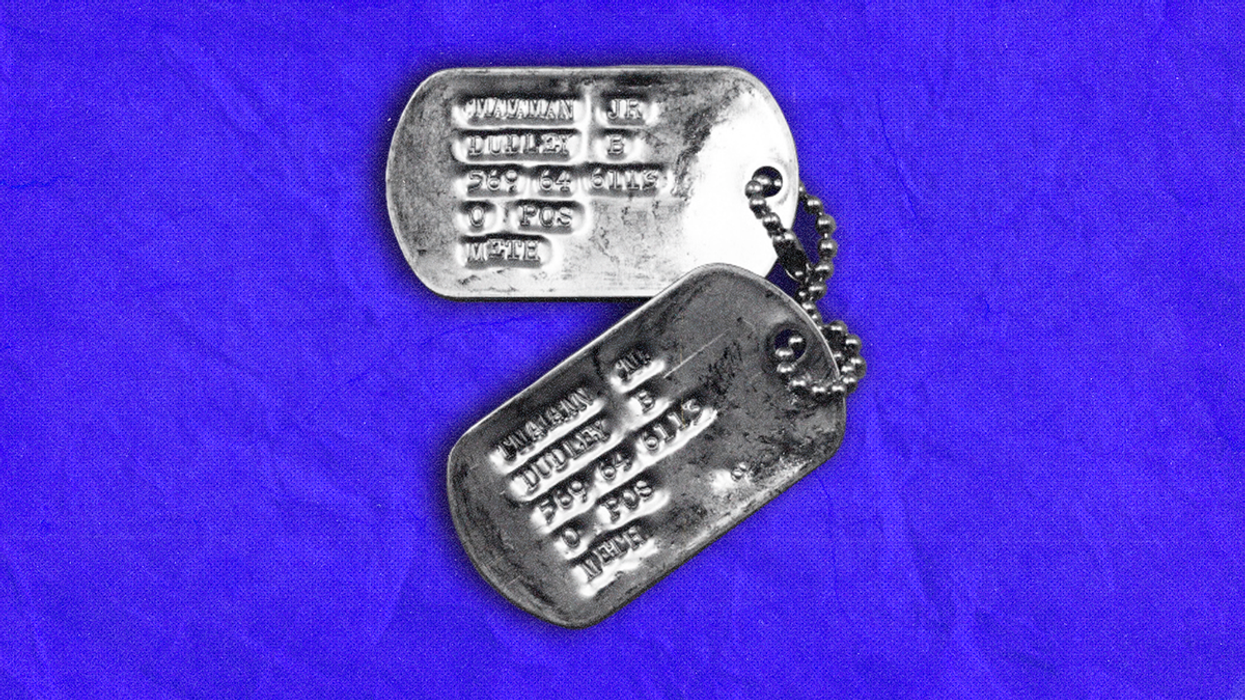What We're Watching
Trump wants more Ukrainians drafted
President-elect Donald Trump promised on the campaign trail to end the war in Ukraine “on Day One” of his administration. His supporters have long argued Trump should be taken seriously but not literally, and his team has since rolled back that expectation and insists on a 100-day ceasefire timeline instead.
Jan 13, 2025





